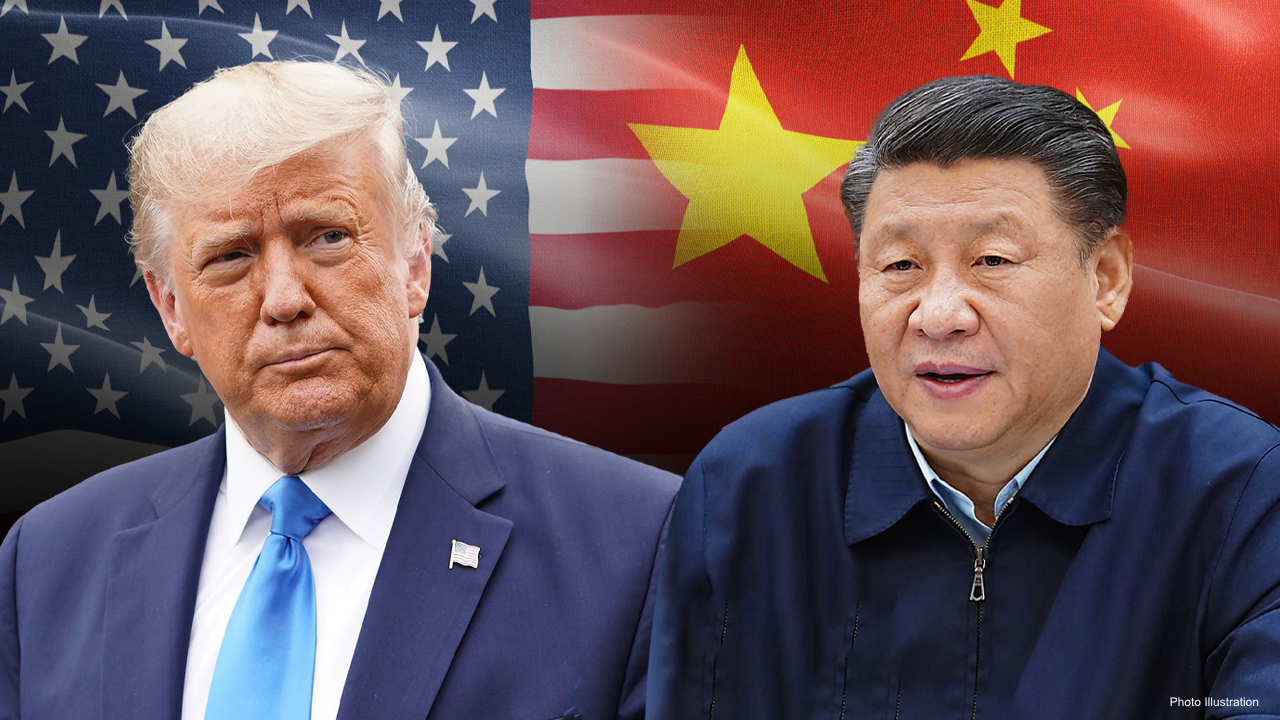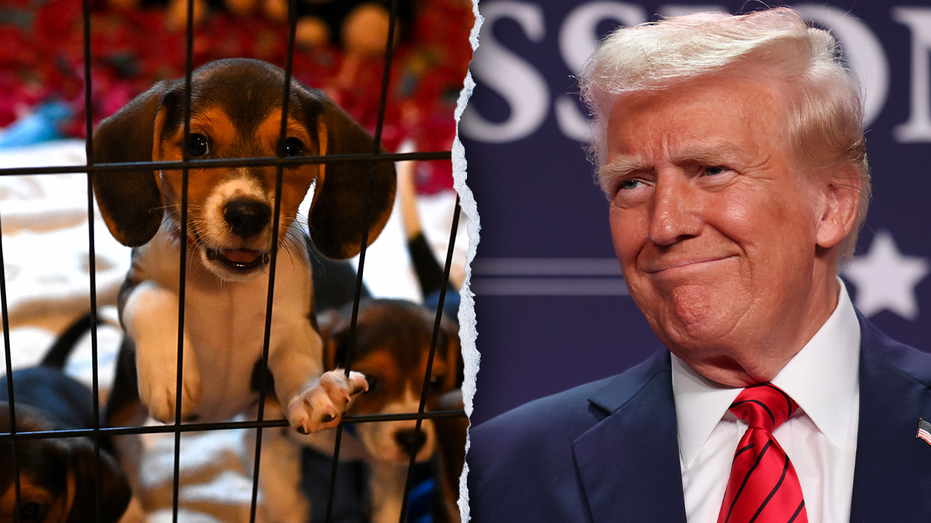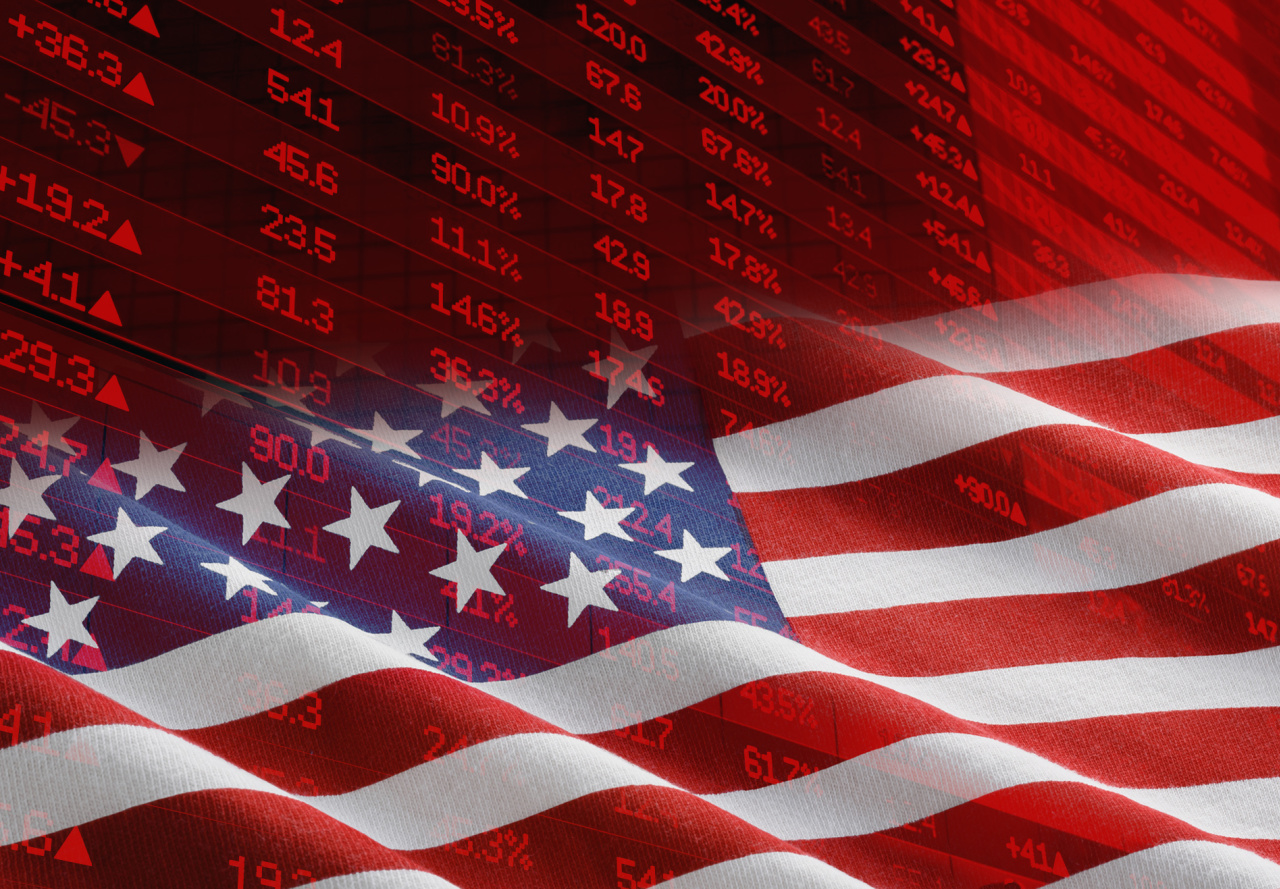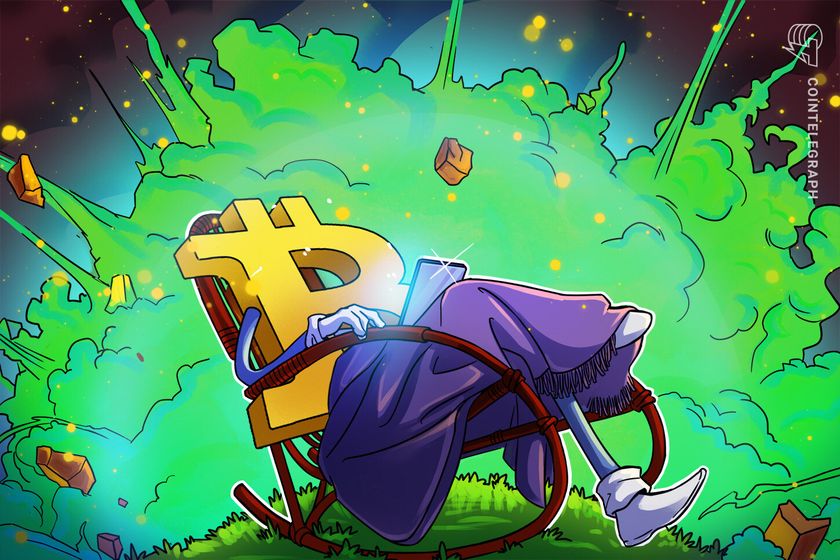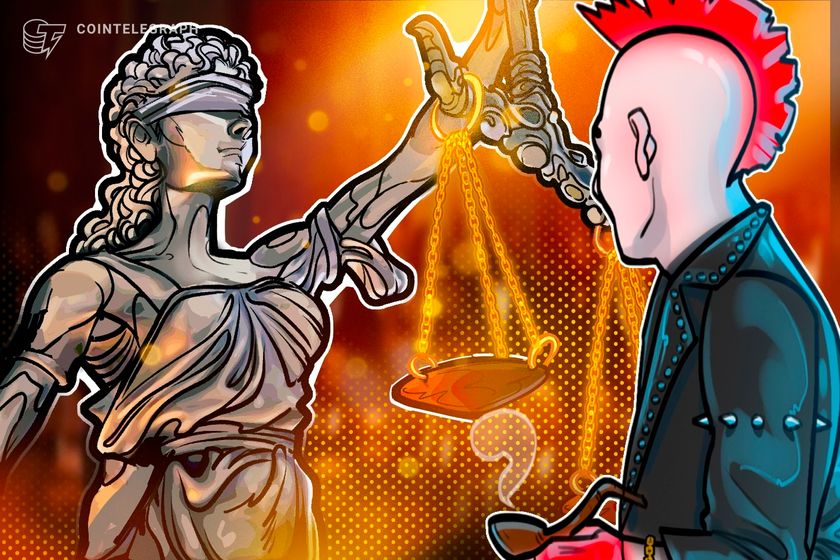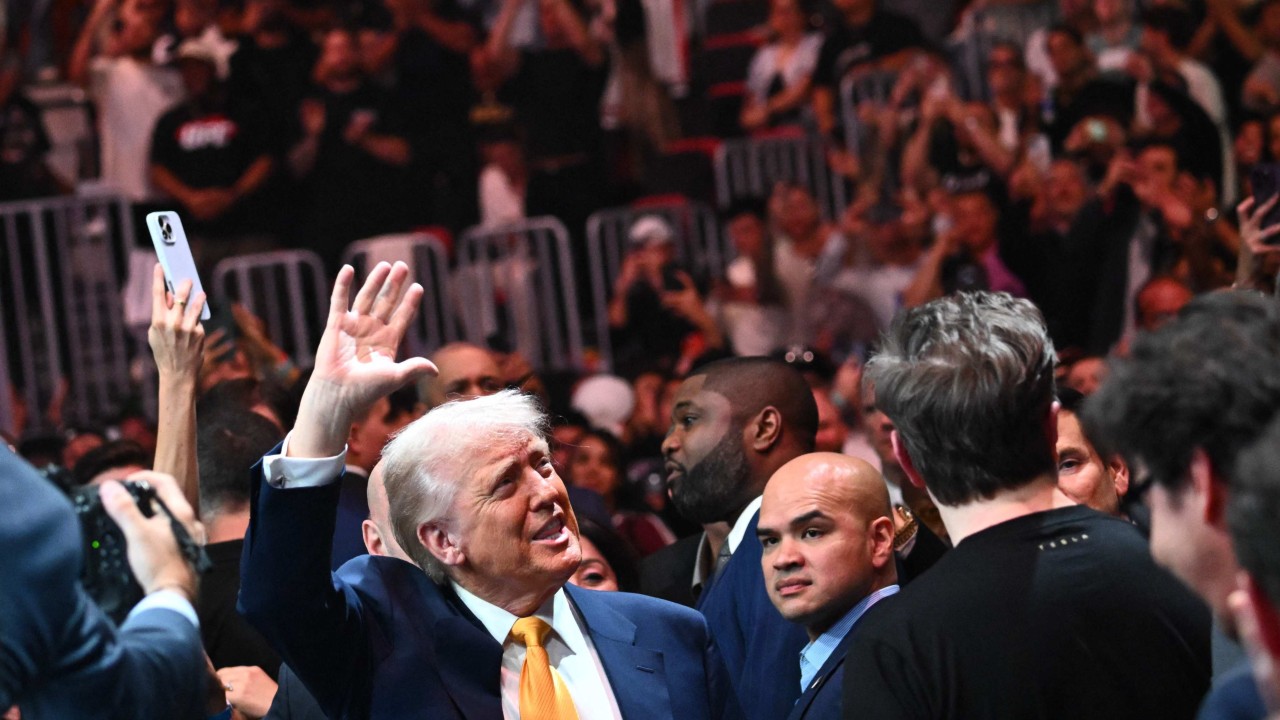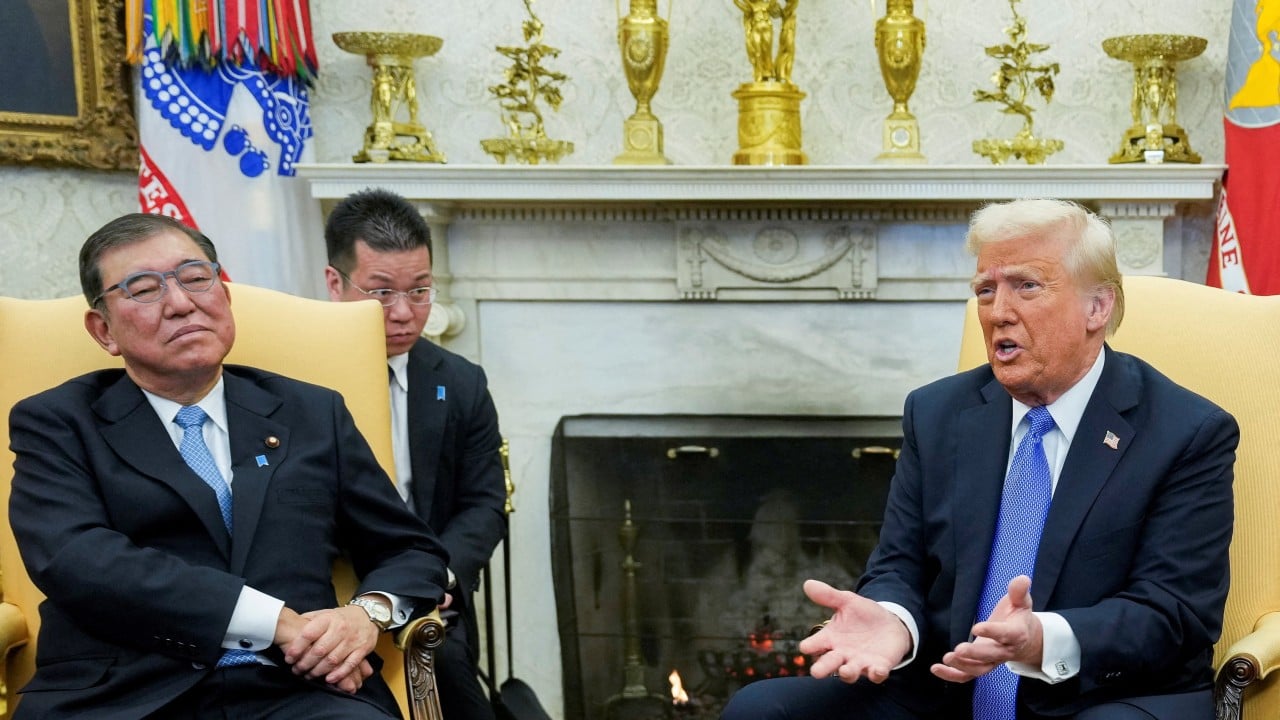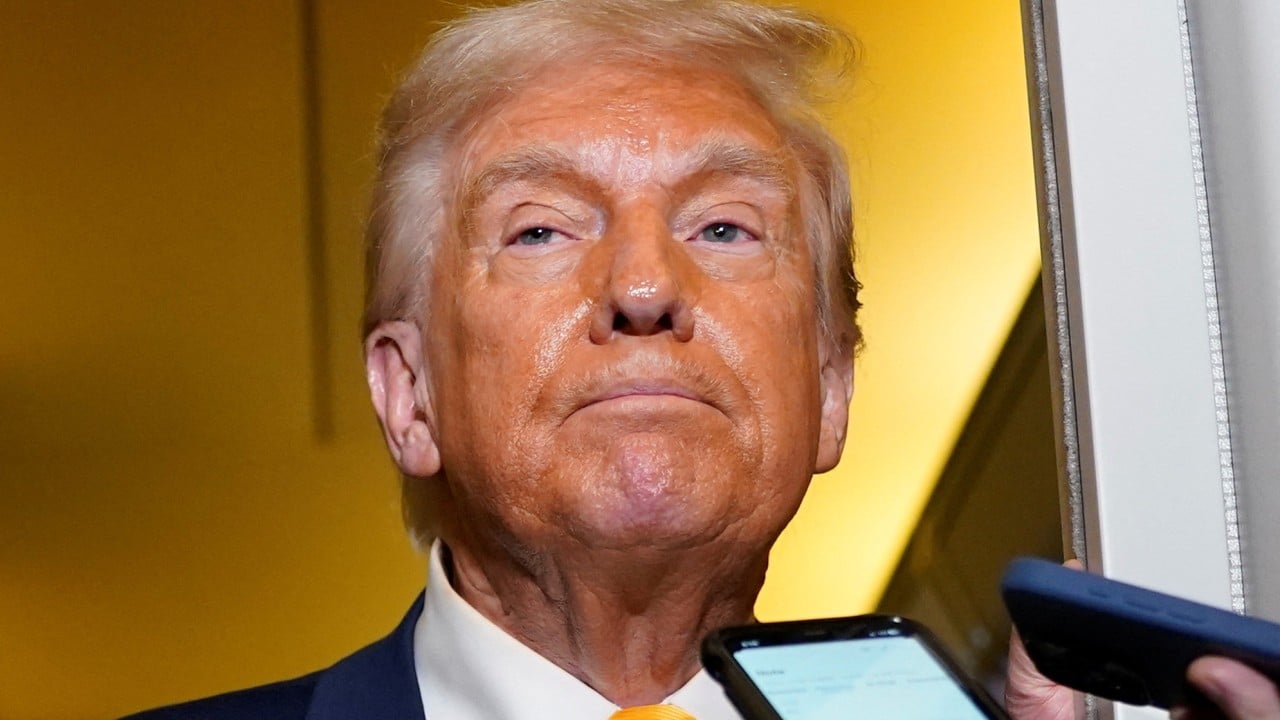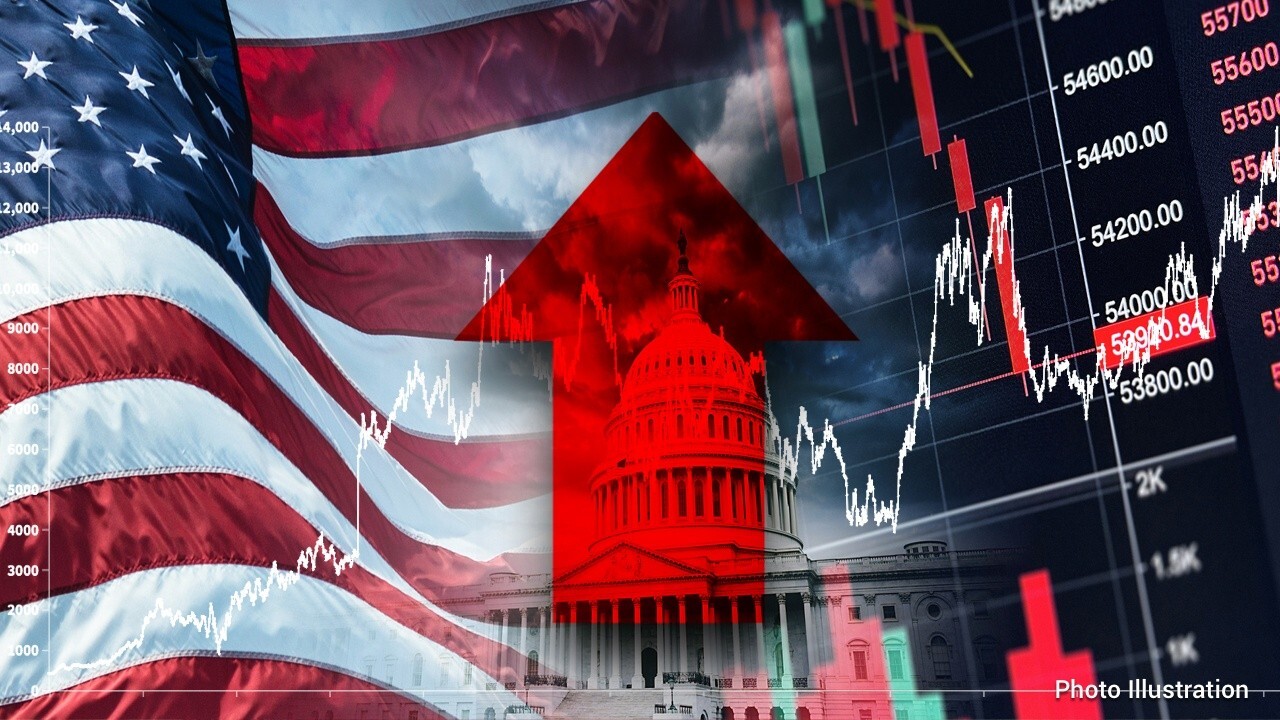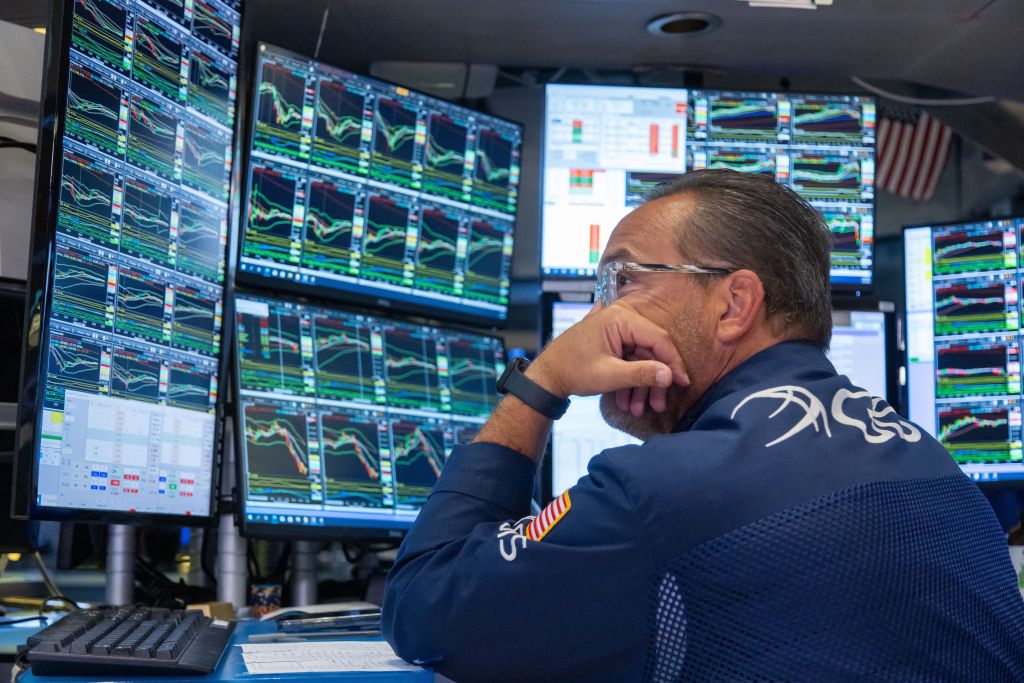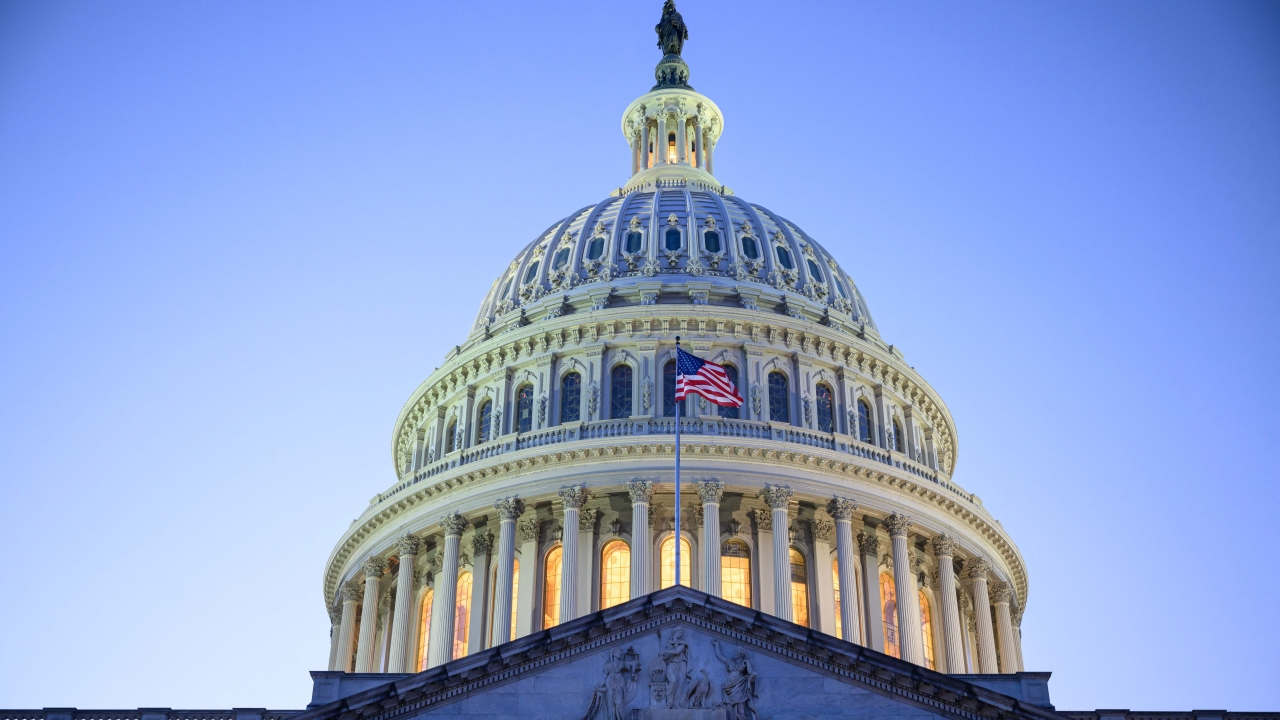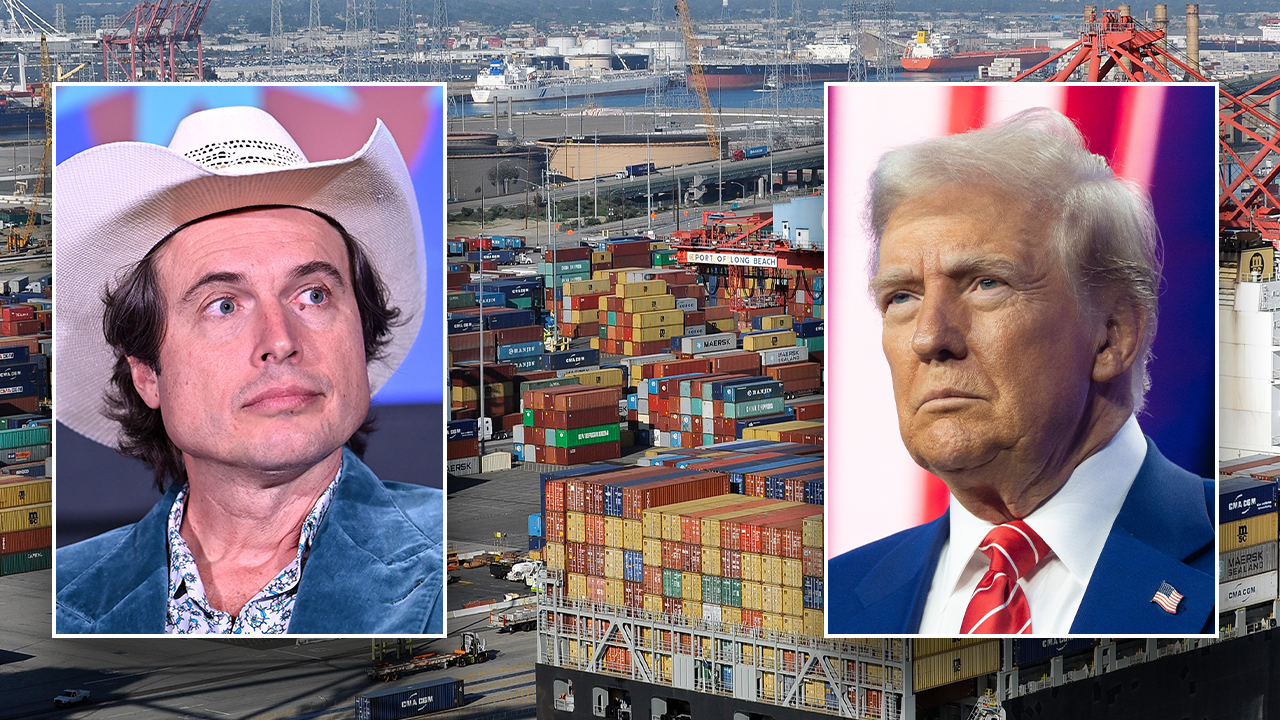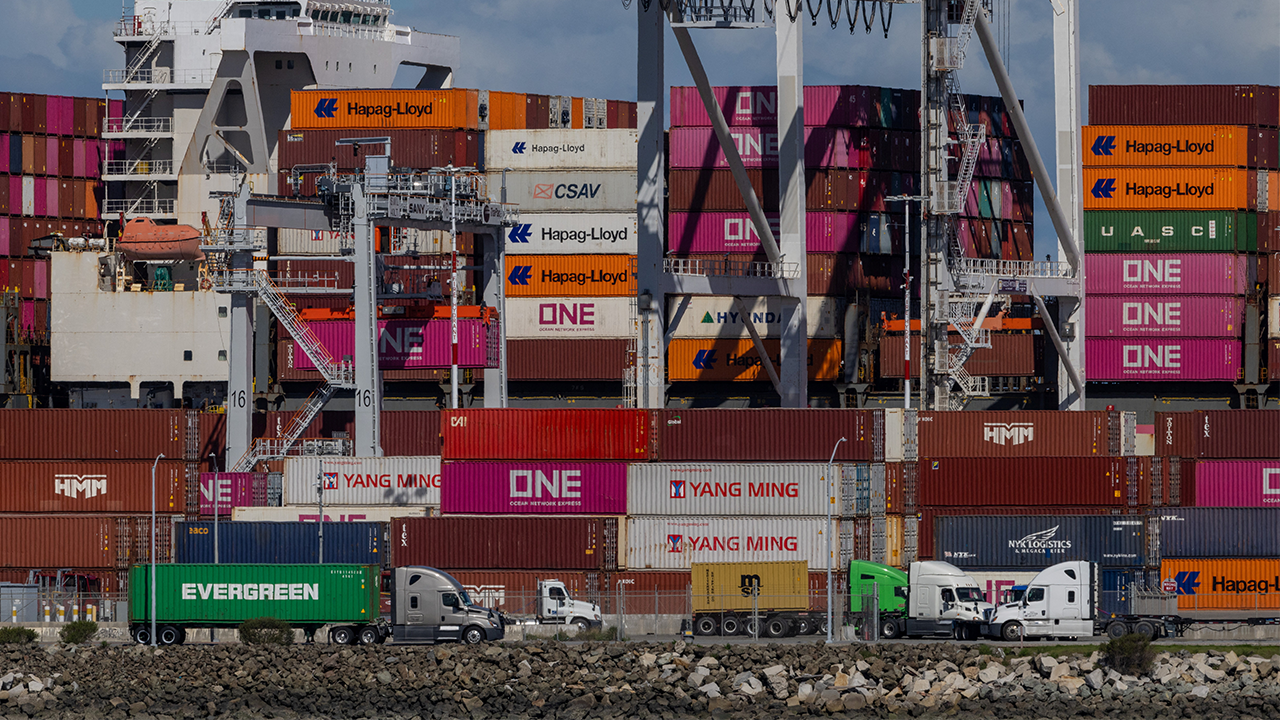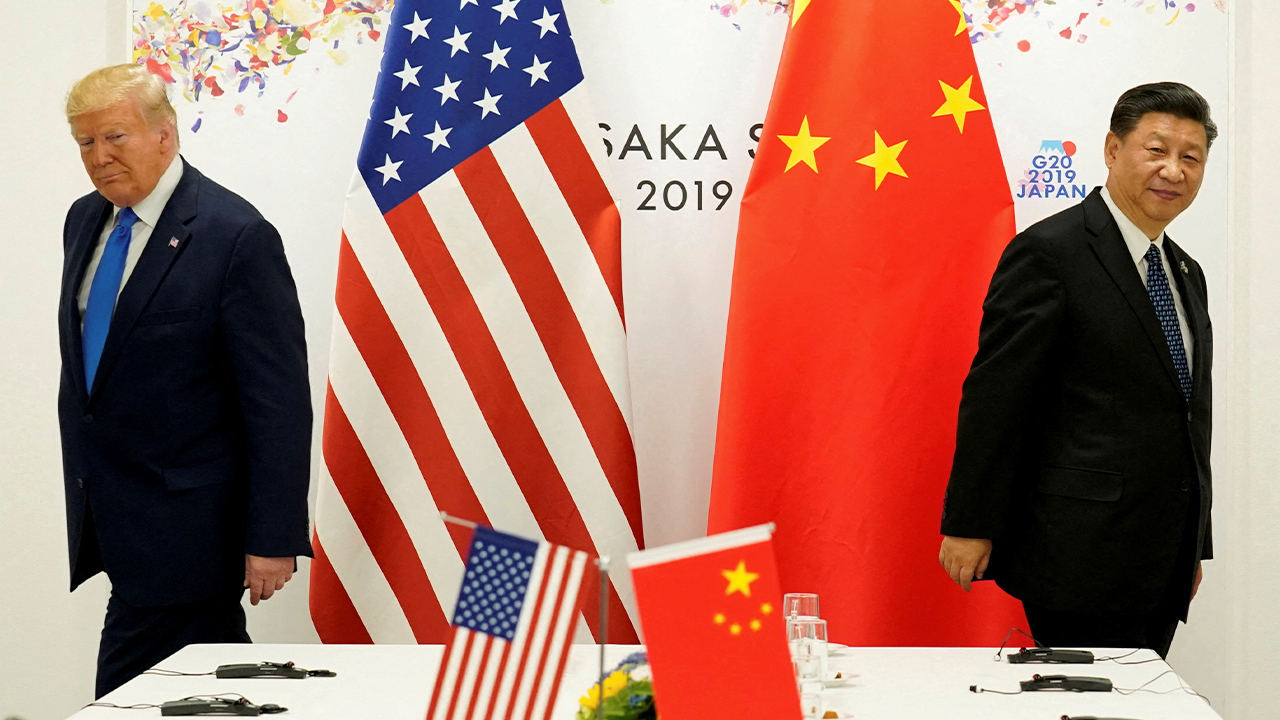Retail, autos, tech: These are the US industries that could be walloped by tariffs on China
With 125% tariffs looming, experts warn of a $325 billion blow to U.S. tech, soaring iPhone costs, and major supply chain turmoil across fashion and electronics.
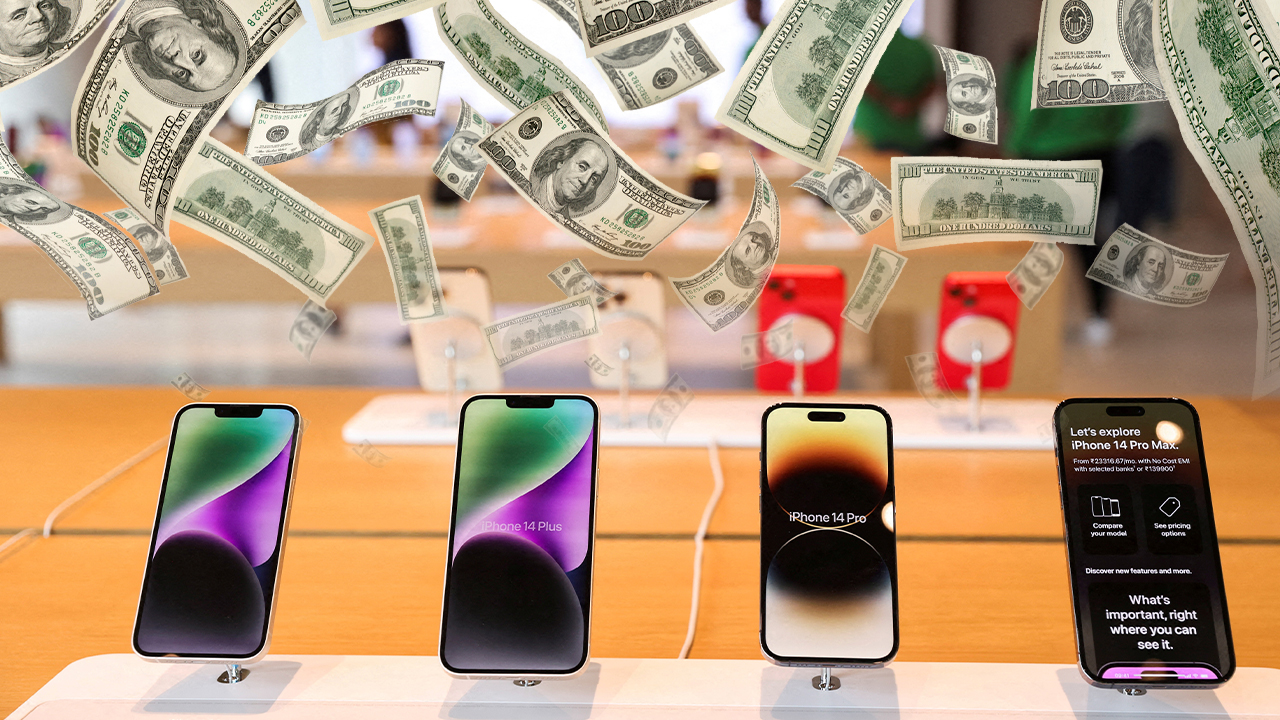
A $30,000 iPhone? That's the estimated price tag for your smartphone if Apple were to make the device entirely in the U.S., according to an analysis that has resurfaced as President Donald Trump ignites a trade war with friends and enemies alike.
That eye-popping estimate originated in 2018 with investor Glenn Luk, who argued the U.S. lacked both the skilled labor and raw materials needed to mass-produce advanced tech like the iPhone. While $30,000 may sound outrageous, it underscores how the tech and electronics sector – heavily reliant on Chinese labor and materials – is bearing the brunt of the U.S.-China trade war.
China is a critical link in the global electronics supply chain, producing everything from semiconductor chips to circuit boards. It also processes 90% of the world’s rare earths – materials essential for smartphones, laptops and advanced military systems.
That makes Trump’s proposed 125% tariffs a potential seismic shock for tech giants like Apple, Dell, Intel, Qualcomm, Cisco and Nvidia.
"Things like cellphones, personal computers, big discretionary items or major expenditures that people have to buy, those things will be harder to replace Chinese-sourced items. So I would expect to see bigger hits in those items just because it's hard to rebuild a supply chain to replace those," Ambassador Kurt Tong, an Asia-focused economics expert, told FOX Business Digital.
Apple has no plans to exclusively produce iPhones in the U.S., so don’t expect $30,000 phones any time soon. But 125% tariffs on China could mark up the cost of the device by over 50%. That means the iPhone 16 Pro Max could spike in cost from $1,199 to $1,805.
The wholesale cost of the iPhone 16 Pro Max is $485, according to investing firm TD Cowen, meaning the tariff on that cost would be $606.25, which would likely be passed onto the consumer in the total price.
In 2023, U.S. electronics imports from China were valued at $146 billion, according to the U.S. International Trade Commission. Assuming that figure holds steady, the tech and electronics sector could expect to pay $182 billion per year in tariffs if the levies persist at 125%.
Another industry facing major fallout is apparel: more than 30% of clothing and footwear sold in the U.S. is made in China. Retailers like Nike, Gap and Walmart rely heavily on Chinese supply chains – and toys and other consumer goods are also poised to take a hit.
CHINA EXPERT REVEALS WHY XI WON'T BUDGE ON TARIFFS WITH TRUMP
Low-cost fashion giants like Shein and Temu face a major blow from the elimination of the de minimis exemption, which had allowed duty-free entry for goods valued under $800. The exemption was originally designed to avoid taxing low-cost imports when the cost of collection outweighed the value of the item.
Surprisingly, retailers like TJ Maxx and Dollar General may weather the storm. Both source only about 10% of their inventory from China. TJ Maxx, in particular, benefits from a business model focused on buying up excess merchandise and reselling it at discounted prices.
The auto industry – especially electric vehicles that depend heavily on Chinese-made components – could face steep costs. Pharmaceuticals may also be impacted, as China supplies key ingredients for many common medications as well as basic medical equipment.
The clean energy sector will also take a hit: China dominates in solar panel production and rare earths needed for wind turbine production.
As labor costs rise and offshoring becomes riskier, companies may turn to robotics and automation, offering a boost to those industries. Companies like Rockwell Automation, Emerson Electric and Honeywell dominate that field.
While both nations will feel the effects of the tariffs, China's economy may take a bigger hit – China's GDP can be expected to shrink around 1.5% and the U.S. GDP about 1%, Tong noted.
CLICK HERE TO GET FOX BUSINESS ON THE GO
China could expect to pay more for agricultural imports, airplanes, some pharmaceuticals and high-end fashion brands under the current tariff regime.
"China would take a deeper hit, but politically it's quite resilient. It's entirely sustainable for China to absorb that and figure out ways to deal with it."
What's Your Reaction?










